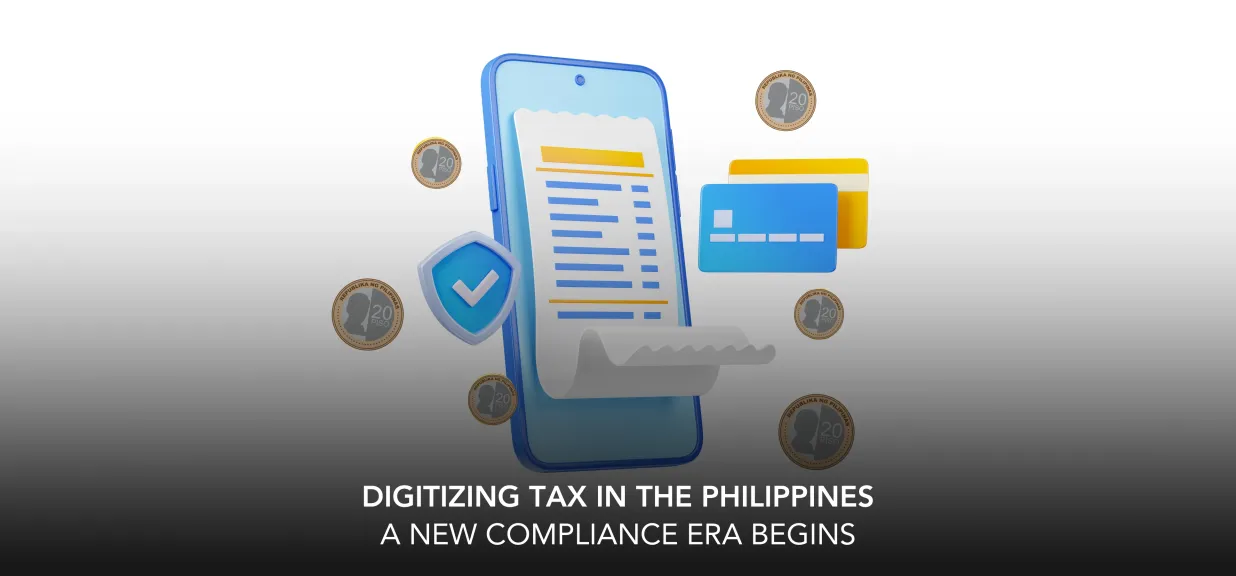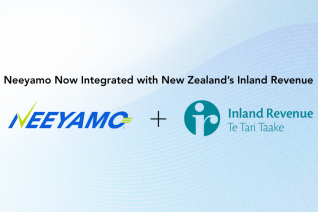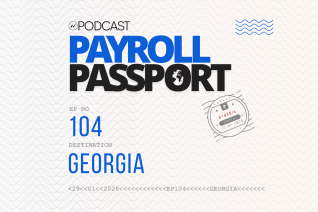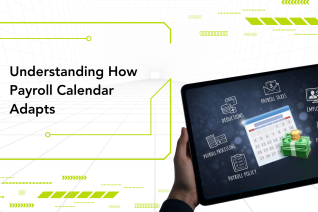Philippines Rolls Out E-Invoicing Compliance — Here’s What Enterprises Need to Know

The Bureau of Internal Revenue (BIR) in the Philippines has taken a decisive step toward digitizing tax compliance with the release of Revenue Regulation No. 011-2025. Issued under the amended National Internal Revenue Code (NIRC) and aligned with Republic Act No. 12066, the regulation mandates the adoption of electronic invoicing and real-time sales data reporting for a broad category of businesses, including those in e-commerce, exports, and digital operations.
But this shift goes beyond just sales reporting. For organizations relying on integrated financial systems, the regulation marks a pivotal moment for payroll and compliance technology. With invoicing and sales data now feeding directly into tax systems, payroll platforms must be agile enough to align with these real-time, system-to-system reporting standards, ensuring that financial and employee-related data stays consistent, accurate, and compliant.
So, what does this mean for companies, especially those with a presence in the Philippines or those looking to expand into this rapidly growing Southeast Asian economy?
Let’s break it down.
The Push Toward Paperless Tax Compliance
The regulation urges a major operational shift, moving businesses away from paper-based invoicing toward fully digital, real-time sales reporting. But this isn’t just an upgrade in format; it’s a change that demands businesses rethink how their financial data flows.
Instead of static records and manual interventions, enterprises must now implement structured, software-generated invoices that can integrate directly with the Bureau of Internal Revenue’s systems. This real-time transmission of data not only enables better visibility for tax authorities but also calls for greater synchronization between invoicing, accounting, and payroll platforms.
In essence, it’s not just a compliance box to tick; it’s a wake-up call for businesses to modernize their tech stack and future-proof their operations in an increasingly digital economy.
ALSO READ | Philippines: A Guideline to Payroll and Employer of Record
Who Needs to Comply?
The regulation outlines a comprehensive list of taxpayers who are mandated to adopt electronic invoicing and sales reporting systems:
- Large Taxpayers, including those under the jurisdiction of the Large Taxpayers Service (LTS)
- Businesses engaged in e-commerce or internet-based transactions
- Enterprises using Computerized Accounting Systems (CAS) or similar software
- Exporters of goods and services
- Registered Business Enterprises (RBEs) availing of tax incentives
- Users of Point-of-Sale (POS) systems
In simple terms, if your business is digitally enabled or classified under medium to large taxpayer categories, you will likely fall under the compliance radar.
Notably, digital content creators, platform operators, and on-demand service providers are also included, signaling the regulation’s intent to bring the gig and digital economy under formal tax frameworks.
What Qualifies as an Electronic Invoice?
Here’s where businesses need to get specific. A true electronic invoice isn’t just a scanned PDF or a photo of a paper receipt. It must:
- Be system-generated through BIR-accredited software
- Be in a structured data format (like JSON or XML) to enable automated reporting
- Allow for seamless system-to-system communication with the BIR
The goal? Real-time or near-real-time access to sales data, eliminating manual input and reducing opportunities for tax evasion.
Sales Reporting: A Central Pillar
Alongside e-invoicing, the regulation mandates the use of an Electronic Sales Reporting System, where businesses must electronically transmit their sales data to the BIR. Once implemented, this will apply to small, medium, and large enterprises alike, particularly those engaged in online transactions.
This ensures greater visibility, accuracy, and timeliness of revenue reporting, a critical step in modernizing the country’s fiscal infrastructure.
ALSO READ | Country Spotlight: Payroll in the Philippines
Incentives for Early Compliance
Interestingly, the BIR isn’t just enforcing, it’s also encouraging compliance with additional tax deductions for implementation costs:
- Micro and Small Enterprises: Up to 100% deduction of the total cost of system setup
- Medium and Large Enterprises: Eligible for 50% deduction
This one-time deduction applies in the taxable year the implementation is completed, signaling strong governmental support for digital transition efforts.
Micro-Taxpayer Considerations
While micro taxpayers are exempt from mandatory e-invoicing, they are still encouraged to adopt electronic methods voluntarily. In their absence, registered manual invoices, as well as CAS, CRM, and POS systems, may be used as alternatives.
The flexibility here offers smaller enterprises a runway to adopt digital tools without immediate regulatory pressure, while still promoting long-term digitization.
Penalties and Timelines
Non-compliance comes at a cost. Penalties as outlined in Sections 264 and 264-A of the Tax Code will apply. However, the regulation does offer a one-year transition period from the date of effectivity, giving businesses ample time to align their systems, software, and processes with the new mandate.
The regulation officially takes effect 15 days after its publication in the Official Gazette or on the BIR website, whichever comes first. As of now, it has been signed by the Secretary of Finance and the Commissioner of Internal Revenue, signaling imminent enforcement.
What Should Global Enterprises Do Now?
For global organizations managing operations in the Philippines, especially those using legacy invoicing methods or operating across multiple platforms, the implications are clear:
- Assess current invoicing and accounting systems for compliance readiness
- Work with technology providers to implement BIR-accredited digital solutions
- Consider centralizing invoicing and reporting through a single global payroll and compliance platform to manage multi-country complexities with ease.
A Strategic Response to a Digital Future
This regulation is more than just a mandate; it's a glimpse into the future of taxation in a digitized economy. It promotes transparency, efficiency, and accountability in a rapidly evolving business environment.
As a payroll and compliance solutions partner, Neeyamo remains committed to helping enterprises stay ahead of regulatory changes, reduce compliance risks, and streamline global payroll operations, one country at a time.
If your business operates in the Philippines or plans to enter this dynamic market, now is the time to act. Reach out to us at irene.jones@neeyamo.com to explore how we can help you!
Latest Resources
Stay informed with latest updates
If you're curious and have a thirst for knowledge pertaining to the HR, payroll, and EOR universe, don't miss out on subscribing to our resources.















